Understanding DNSSEC: A Comprehensive Guide
The internet is a vast and complex network, and at its core lies the Domain Name System (DNS), which acts like a phonebook, translating human-friendly domain names into IP addresses that computers can understand. However, the original design of DNS did not include robust security measures, making it vulnerable to various attacks. This is where DNSSEC (Domain Name System Security Extensions) comes into play. In this guide, we will explore what DNSSEC is, why it is crucial for internet security, and how it works to protect your online privacy.
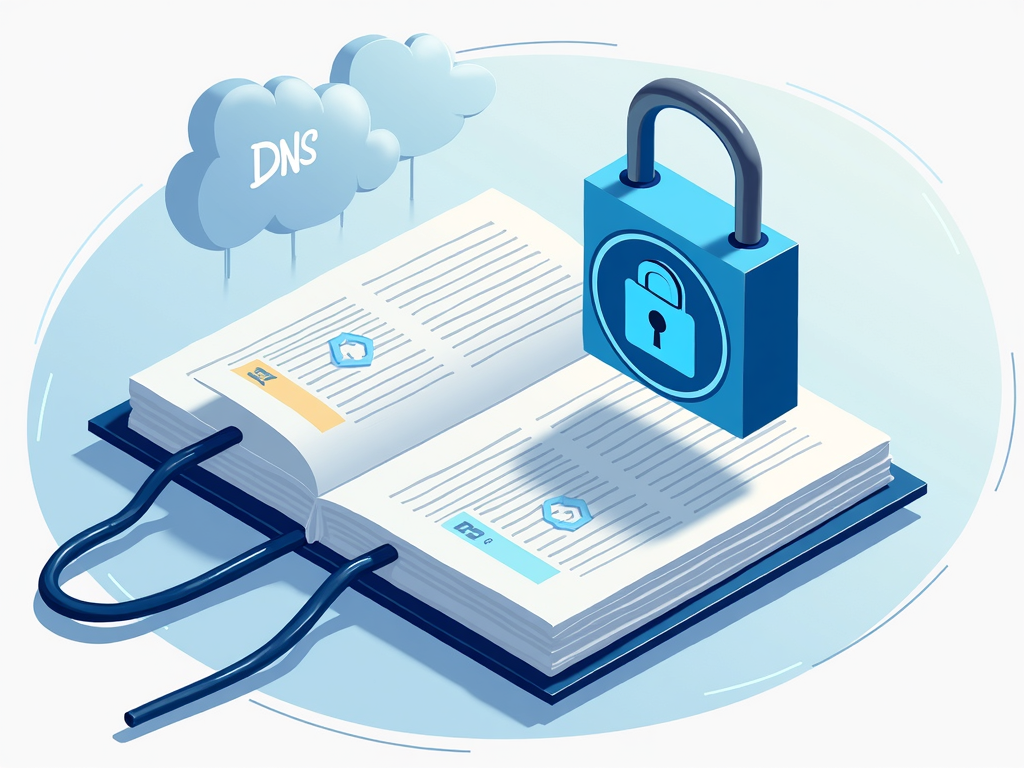
What is DNS and Its Role in Internet Security?
DNS is essential for the functioning of the internet. When you type a website's name into your browser, DNS servers translate that name into an IP address, directing your request to the correct server. However, DNS was not designed with security in mind, which makes it susceptible to attacks like DNS spoofing. In a DNS spoofing attack, hackers can redirect your traffic to malicious websites, potentially stealing your personal information or infecting your device with malware.
To combat these threats, DNSSEC was developed. DNSSEC adds a layer of security to DNS by using digital signatures to verify the authenticity and integrity of DNS data. This ensures that the information you receive from a DNS server is accurate and has not been tampered with.
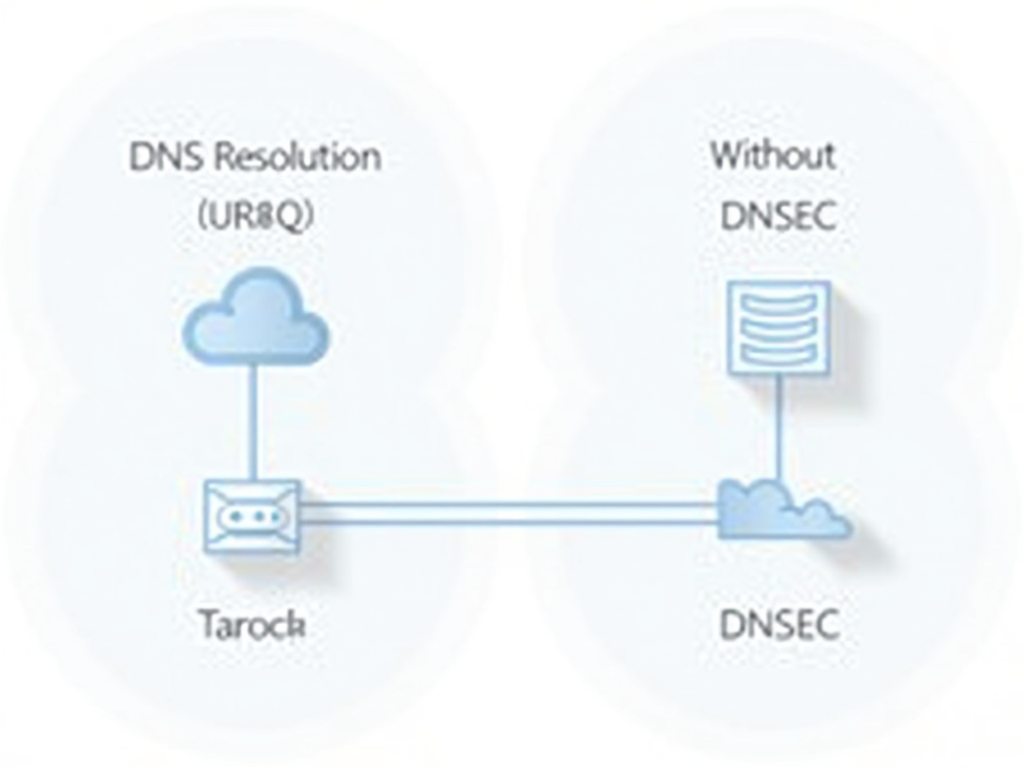
How Does DNSSEC Work?
DNSSEC works by creating a chain of trust using digital signatures. Each level of the DNS hierarchy signs the keys of the level below it, starting from the root zone down to individual domain names. This chain of trust ensures that each part of the DNS response can be verified as authentic.
For example, when you visit a website, your computer queries the DNS server for the IP address. With DNSSEC, the DNS server provides not only the IP address but also a digital signature. Your computer can then verify this signature against the public key of the domain, ensuring that the response is genuine and has not been altered.
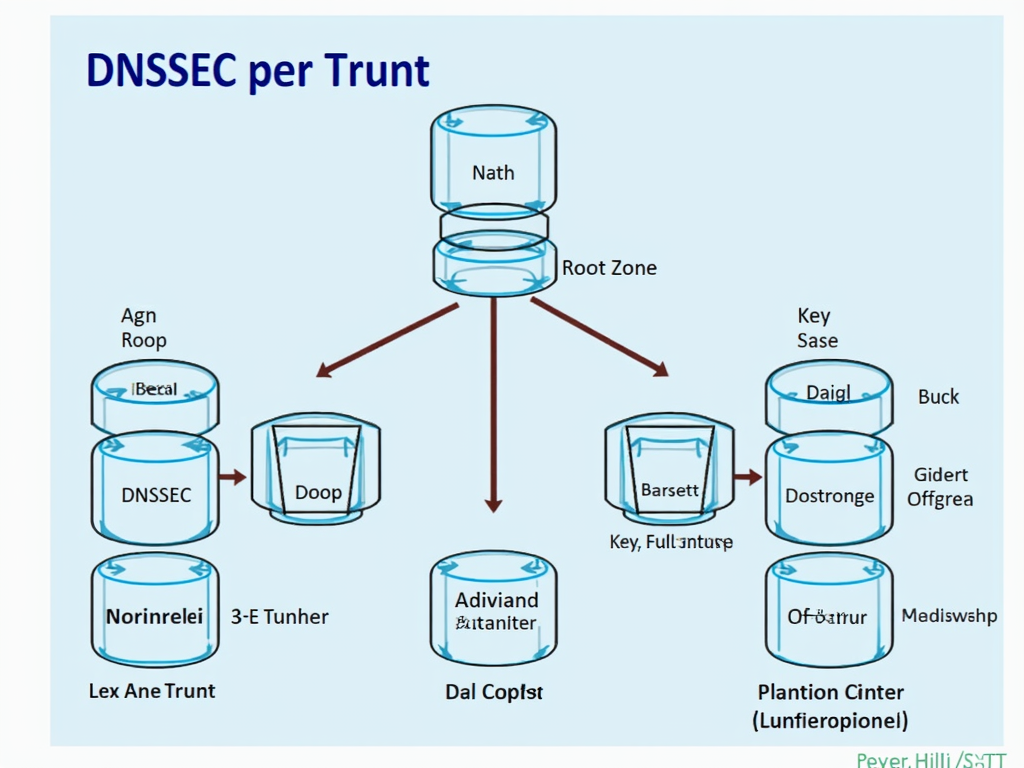
Benefits of DNSSEC
The primary benefit of DNSSEC is its ability to protect against DNS spoofing and ensure data integrity. By verifying the authenticity of DNS responses, DNSSEC prevents attackers from redirecting your traffic to malicious sites. This is crucial for maintaining online privacy and security.
Moreover, DNSSEC is a foundational technology for other security protocols, such as DANE (DNS-based Authentication of Named Entities). DANE allows for secure communication over the internet by enabling the use of TLS certificates verified through DNSSEC.
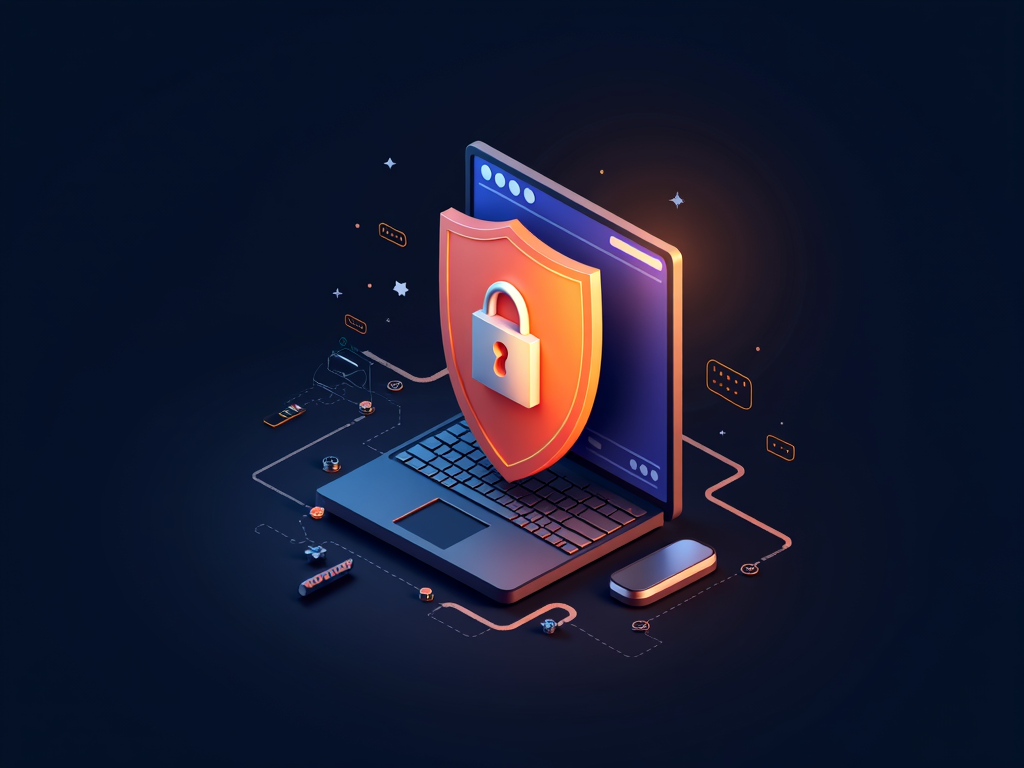
Personal Insights: Why DNSSEC Matters
As someone who has experienced the consequences of online security breaches, I cannot stress enough the importance of DNSSEC. A few years ago, I fell victim to a phishing attack that redirected me to a fake website, where I unknowingly entered my personal information. If DNSSEC had been implemented, the digital signature would have alerted me that the DNS response was not authentic, potentially preventing the attack.
This personal experience underscores the need for robust security measures like DNSSEC. It's not just about protecting data; it's about safeguarding our online identities and ensuring that our interactions on the internet are secure.

Setting Up DNSSEC: A Brief Overview
While the technical details of setting up DNSSEC can be complex, the basic steps involve generating cryptographic keys, signing your DNS zone files, and publishing the public keys. For those using services like NextDNS, which offers a setup guide for blocking ads and trackers, enabling DNSSEC can be as simple as toggling a switch in the settings.
For a more detailed guide on setting up DNSSEC, you can refer to resources like the official DNSSEC website or consult with your domain registrar or DNS provider.
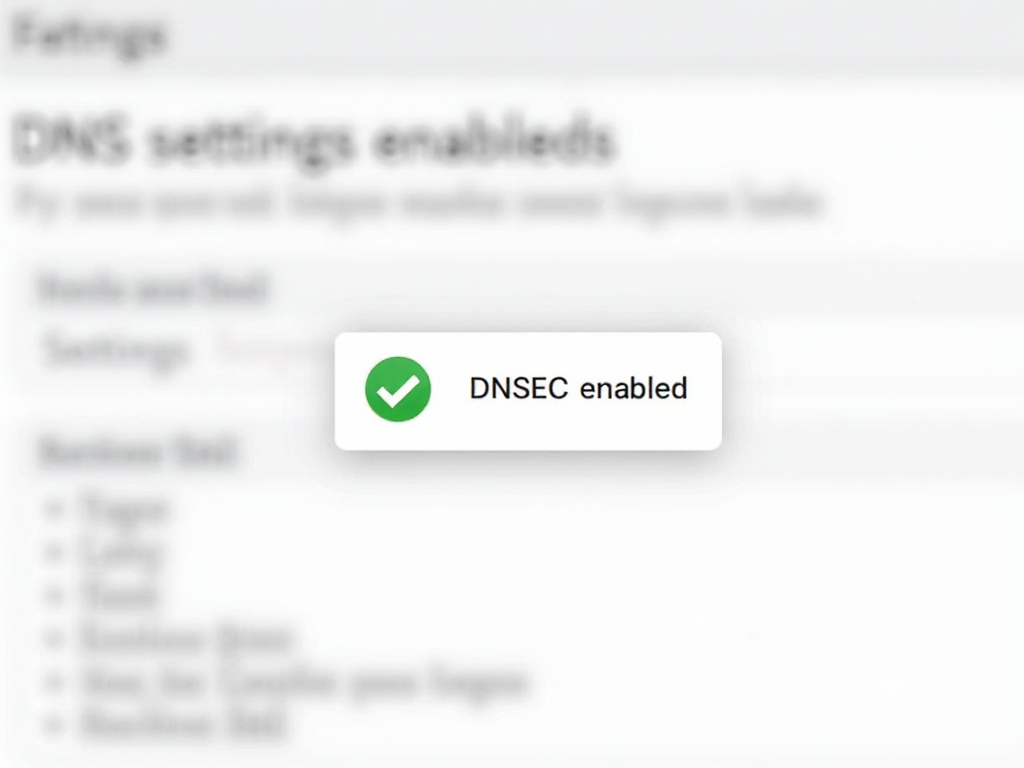
Summary and Recommended Readings
In summary, DNSSEC is a critical component of internet security, providing a way to verify the authenticity and integrity of DNS data. By understanding how DNSSEC works and its benefits, you can better protect your online privacy and security.
For those interested in learning more, I recommend exploring the following resources:
- DNSSEC: What Is It and Why Is It Important? by Cloudflare
- Understanding DNSSEC by ICANN
- NextDNS Setup Guide for blocking ads and trackers